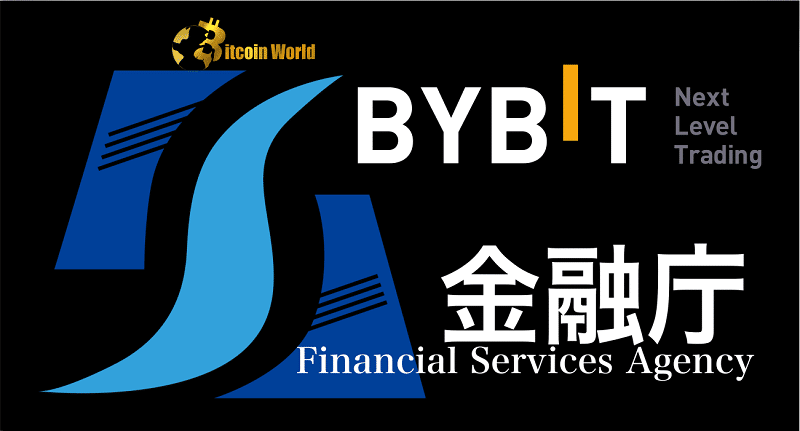The Financial Services Administration of Japan has made moves to regulate cryptocurrency exchanges in the country. The agency issued a warning to four cryptocurrency exchanges, including the popular Bybit.
According to the notice, in order to conduct business, the exchanges must register as cryptocurrency exchanges. MEXC Global, Bitforex, and Bitget are the three other exchanges in concern. They’ve all gotten similar warnings.
This is not the first time Bybit has received a warning from Japan’s FSA; in May 2021, the authority warned the exchange that it was operating without a license. About the same time, the UK’s regulator voiced similar concerns with the exchange.
The exchange’s public warning is a hint that Japan is increasing its focus on regulation. Many advancements in this area have occurred in recent weeks, as the country concentrates on preventing flaws that contribute to accidents like Terra’s disaster.
Among the recent events in Japan is the country’s authorities’ request to the United States and the European Union to regulate crypto-like banks. Regulators believe that the crypto market is large enough to justify scrutiny comparable to that of banks.
The fact that a new stablecoin statute will shortly go into force is perhaps the most significant regulatory event. Simultaneously, banks are developing the Progmat Coin, a yen-backed stablecoin aimed at expediting settlement processes.
Bybit has been on the radar of regulators for some time, and has also received warnings from Canadian authorities. The exchange does not operate in the United States; on March 10, the exchange banned USD deposits for both domestic and international users.
The 2022 market fall has also had an impact on the exchange, forcing the company to decrease its workforce by 30%. The fact that regulators are tightening their scrutiny of the exchange may drive even more reform, but the exchange appears to be working normally.














